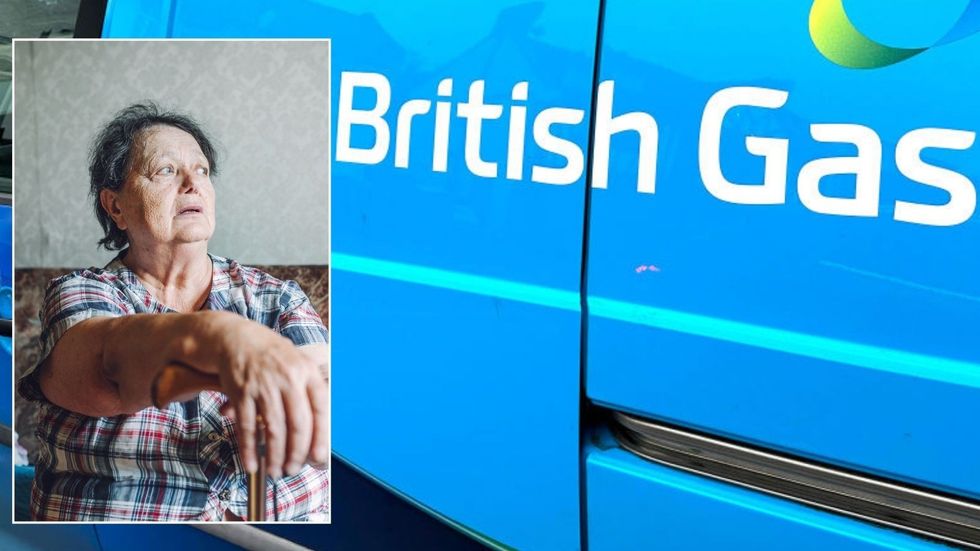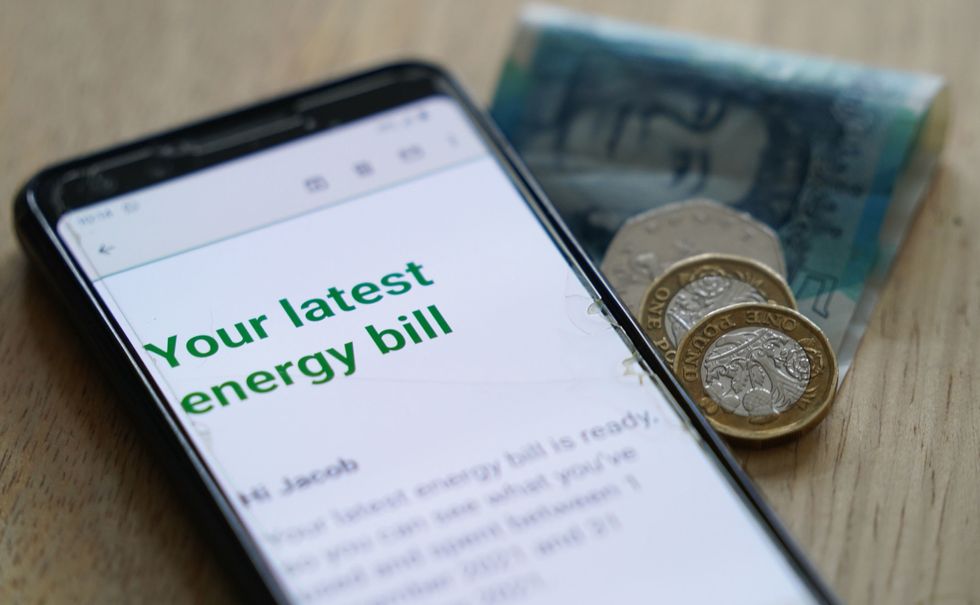British Gas profits increase ten-fold as more than three million households fall into fuel poverty
The boss of British Gas owner Centrica has called for a “social tariff” which will allow poorer households to pay less in energy bills
Don't Miss
Most Read
Trending on GB News
British Gas saw profits increase ten-fold in 2023 while more than three million households fell into fuel poverty due to rising energy bill costs.
The energy supplier’s owner Centrica saw its retail arm’s profits increase ten-fold from £94million to £799million.
According to British Gas, this jump in profits was due to energy regulator Ofgem allowing it to recover £500million in losses following Russia’s illegal invasion of Ukraine.
Meanwhile, the number of households living in fuel poverty rose over the same period of time, official figures have shown.
Do you have a money story you’d like to share? Get in touch by emailing money@gbnews.uk.

British Gas has reported record profits while many Britons are struggling
GETTY
Data from the Department for Energy Security and Net Zero has revealed 13 per cent of homes in England were in fuel poverty last year.
This is the term used to describe a home which either has a poor energy efficiency rating or if the tenants disposable income after housing and fuel costs comes below the poverty line.
As such, around 3.5 million households are estimated to be living in fuel poverty without access to Government support.
Centrica chief executive Chris O’Shea suggested that a special tariff for the worst off would be “the best thing we can do for consumers”.
He told reporters: “The poorest in society are really struggling but it’s not just the energy. It’s energy, it’s rent, it’s mortgages, it’s food and all manner of costs,” he said on a call with reporters.
“What I’m focused on is how do we fix this in energy and that’s why we need a social tariff, that’s why we need the standing charge to disappear.
“I think that’s the best thing we can do for consumers. That will reduce the cost for the poorest in society, the people that are really, really struggling.”
Households have been saddled with rising energy bills over the past year which has been exacerbated by external pressures on the whole gas market and the war in Ukraine.
LATEST DEVELOPMENTS:

The head of Centrica has called for a social tariff to tackle fuel poverty
PALast month, Ofgem raised the energy price cap which means homes with average usage will see their bills rise by five per cent.
Richard Neudegg, the director of regulation at Uswitch, added: “Widespread government energy bill support in recent years has helped ensure that the proportion of households in fuel poverty has not increased despite sky-high energy prices.
“Although the proportion of those in fuel poverty has not increased, the depth of fuel poverty felt by those three million households is very concerning, increasing by 66 per cent between 2020 and 2023. It would take an average of £417 for these households to come out of fuel poverty.
“To really address the problem of the most vulnerable households suffering fuel poverty, deep and targeted support will be needed to address the otherwise growing fuel poverty gap.”









